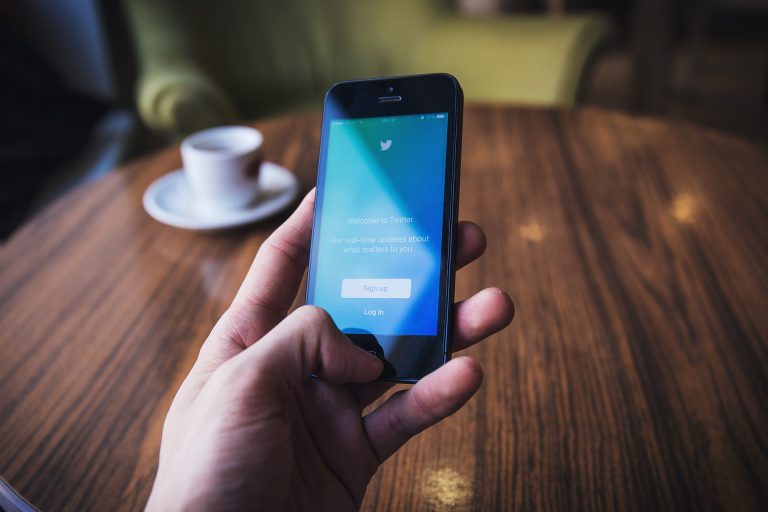Twitter recently complied with a request by India’s Ministry of Electronics and Information Technology (MEITY) to remove Coronavirus Disease 2019 (COVID-19) posts that created “panic” by spreading what MEITY said was misleading or fake information. Free speech advocates and opposition politicians have denounced the censorship move.
India’s current wave of COVID-19 infections has captured international headlines, showing masses of people allegedly vying for access to vaccines and oxygen tanks. Many citizens have expressed their ire on Twitter, criticizing the central government for failing to properly prepare for the crisis and creating a perilous situation.
“When we receive a valid legal request, we review it under both the Twitter Rules and local law. If the content violates Twitter’s Rules, the content will be removed from the service. If it is determined to be illegal in a particular jurisdiction, but not in violation of the Twitter Rules, we may withhold access to the content in India only. In all cases, we notify the account holder directly so they’re aware that we’ve received a legal order pertaining to the account,” Twitter said in response to a query by MediaNama.
Some of the deleted posts included hashtags demanding that Indian Prime Minister Narendra Modi resign. UK non-governmental organization (NGO) Amnesty International accused the Indian government of using ambiguous and vague statements such as “fake news” and “spreading misinformation” to stifle free speech. In the U.S., White House Press Secretary Jen Psaki said that the government’s censorship of tweets did not align with American ideals of free speech.
Mirza Saaib Beg, an Indian student at Oxford University, was perplexed when one of his tweets was censored by the platform. “When such colossal mismanagement is taking place, why should people not be allowed to criticize the government… Suppression of information and criticism of the government is not only dangerous for India but it is putting people around the world at risk,” he told France24. One Twitter user joked that it was easier for the government to take down tweets than to secure a sufficient supply of oxygen.
Success
You are now signed up for our newsletter
Success
Check your email to complete sign up
An official from MEITY dismissed the growing criticism and said in an interview with The Hindu newspaper that the administration was taking necessary action against people who were misusing social media. Government supporters allege that opposition parties, which tend to be leftist in their views, are politicizing the COVID-19 crisis in order to intentionally create dissension and decrease the nationalist government’s popularity.
Back in February, the government forced Twitter to remove over 500 accounts linked to farmer protests. Violent protests allegedly led by farmers culminated in an attack on the Red Fort, a historic building where the Indian Prime Minister hoists the national flag every Independence Day. Twitter initially resisted the government order by citing its policy of promoting free speech, but was promptly met by public backlash for failing to remove inflammatory posts.
‘Misleading’ Wall Street Journal articles
Meanwhile, MEITY rebuked a recent Wall Street Journal’s (WSJ) article accusing New Delhi of censoring posts critical of the administration. WSJ claimed that Facebook temporarily blocked posts containing hashtags calling for Prime Minister Modi’s resignation. In a tweet, MEITY responded that the government did not request for the hashtagged posts to be removed and described the article as “misleading on facts and mischievous in intent.” Facebook later admitted that the posts were removed accidentally.
MEITY also criticized a story WSJ published on March 5, 2021 titled “India Threatens Jail For Facebook, Whatsapp, and Twitter Employees.” The department said that the article was “fake news” and that the government had sent an official rebuttal of the “manufactured story” to WSJ.
“Media has a very important role to play in acting as a force multiplier to the efforts of our front-line workers and medical professionals. At a sensitive time like this, we would urge the media to partner with crores [tens of millions] of ordinary Indians as we collectively fight the pandemic,” the department said in a tweet.
















